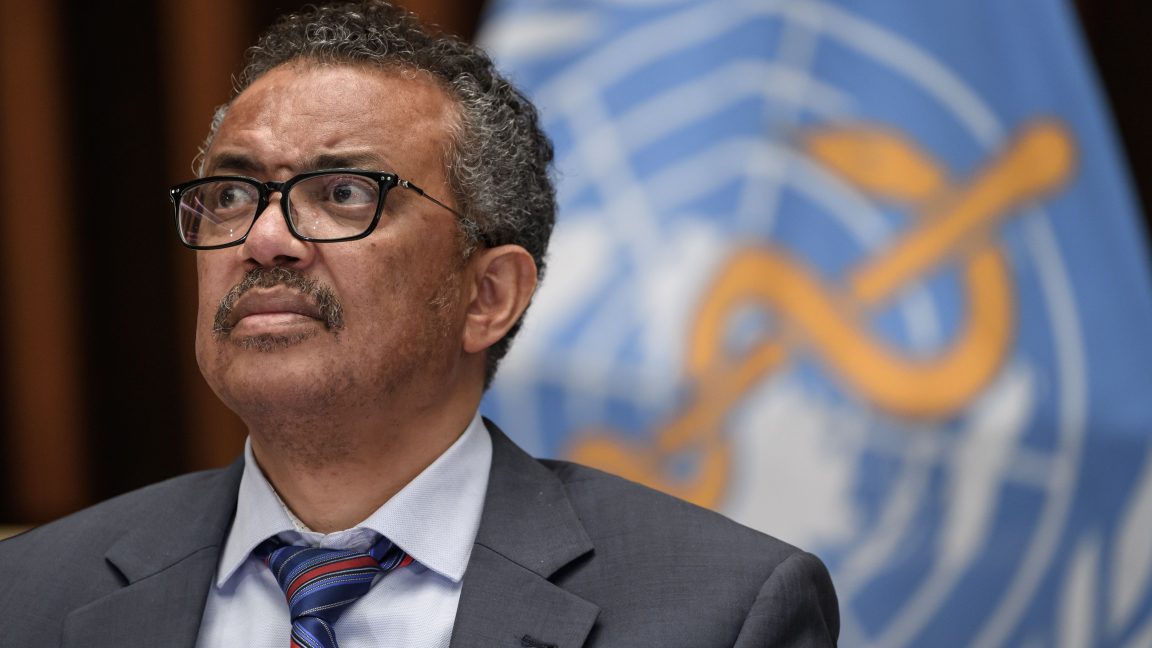
The United States noted its withdrawal from the World Health Organization (WHO) in 2020 due to the organization's mishandling of the COVID-19 pandemic that emerged from Wuhan, China and other global health crises, its inability to implement urgently needed reforms and the inability to demonstrate independence from the undue political influence of WHO Member States. Furthermore, the WHO continues to demand unfairly burdensome payments from the United States, which are far out of proportion to those assessed by other countries. China, with a population of 1.4 billion, has 300 percent of the population of the United States, yet contributes almost 90 percent less to the WHO.
Health experts fear that a US withdrawal from the agency would significantly reduce the agency's resources and capabilities, make the world more vulnerable to health threats and isolate the US, harming its own interests and leaving it less prepared to respond respond to a new pandemic. The New York Times noted that a withdrawal would mean that the US Centers for Disease Control and Prevention would, among other things, lose access to the global health data that the WHO collects.
It remains legally unclear whether Trump can unilaterally withdraw the country from the WHO, or whether the withdrawal also requires joint action with Congress.

